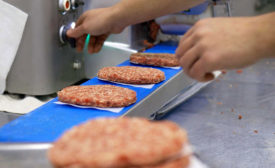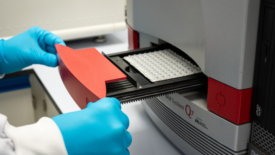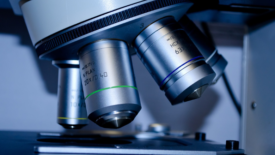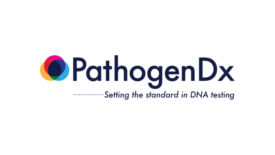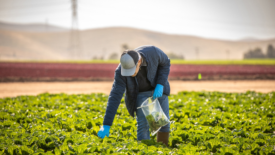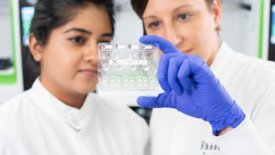Microbiological
Advances in next-generation sequencing have allowed for an understanding of the microbial inhabitants that make up the microbiome in ways that culture-based techniques are limited
Read More
BIZTRACKS
Hygiena Announces New U.S. Patent for SalQuant Salmonella Quantification
July 26, 2023
BIZTRACKS
Spectacular Labs to Unveil Automated Pathogen Testing System at IAFP 2023
July 12, 2023
BIZTRACKS
Rheonix Develops Fully Automated Cyclospora Test in Collaboration with FDA
June 27, 2023
Never miss the latest news and trends driving the food safety industry
eNewsletter | Website | eMagazine
JOIN TODAY!Copyright ©2025. All Rights Reserved BNP Media.
Design, CMS, Hosting & Web Development :: ePublishing
